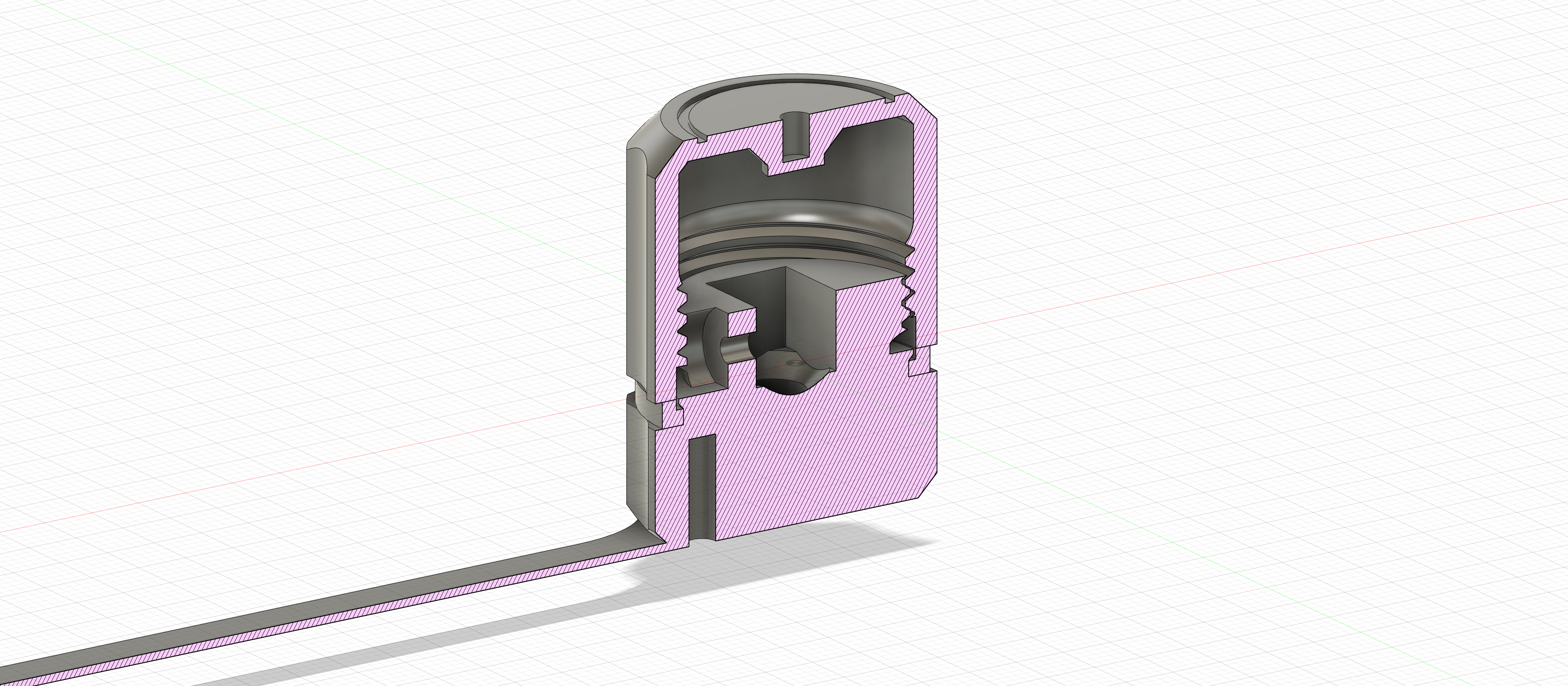Hazardous Environment Phones
페이지 정보
작성자 Mario 작성일25-05-14 19:10 조회187회 댓글0건관련링크
본문
Safety telephones are specifically designed to withstand explosive atmospheres, meeting the stringent safety standards set by regulatory bodies such as the American Petroleum Institute (API) and the International Electrotechnical Commission (IEC). These telephones are constructed using ruggedized materials and advanced shielding technologies to prevent the ignition of flammable gases and vapors.
One of the key features of safety telephones is their ability to prevent the release of electrical and thermal energy. This is achieved through the use of double or triple sealing mechanisms, which prevent the entry of air and prevent the escape of hot gases and sparks. Additionally, the telephones are designed with non-igniting materials and components, minimizing the risk of igniting flammable substances.
Explosion-proof telephones are designed for use in a variety of hazardous locations, including Class I, Division 1 areas, where flammable gases and vapors are present. They are typically used in refining, processing, and transmission operations, where personnel need to communicate quickly and efficiently in potentially hazardous environments.
Some of the key benefits of using explosion-proof telephones in refineries and fuel processing facilities include:
- Improved safety: By preventing the ignition of flammable gases and vapors, safety telephones reduce the risk of accidents and minimize the consequences of an explosion.
- Enhanced communication: safety telephones enable personnel to communicate effectively and efficiently, even in hazardous environments, ensuring that critical information is shared quickly and accurately.
- Compliance compliance: safety telephones meet the strict safety standards set by regulatory bodies, ensuring compliance with industry regulations and reducing the risk of fines and penalties.
- Regulatory compliance: Ensure that the telephone meets the relevant safety standards, such as API and IEC regulations.
- Environmental classification hazardous location: Choose a telephone designed for use in the specific hazardous location, taking into account the presence of flammable gases and vapors.
- Durability and reliability: Select a telephone constructed using rugged materials and advanced shielding technologies to withstand harsh environments and heavy use.

댓글목록
등록된 댓글이 없습니다.

